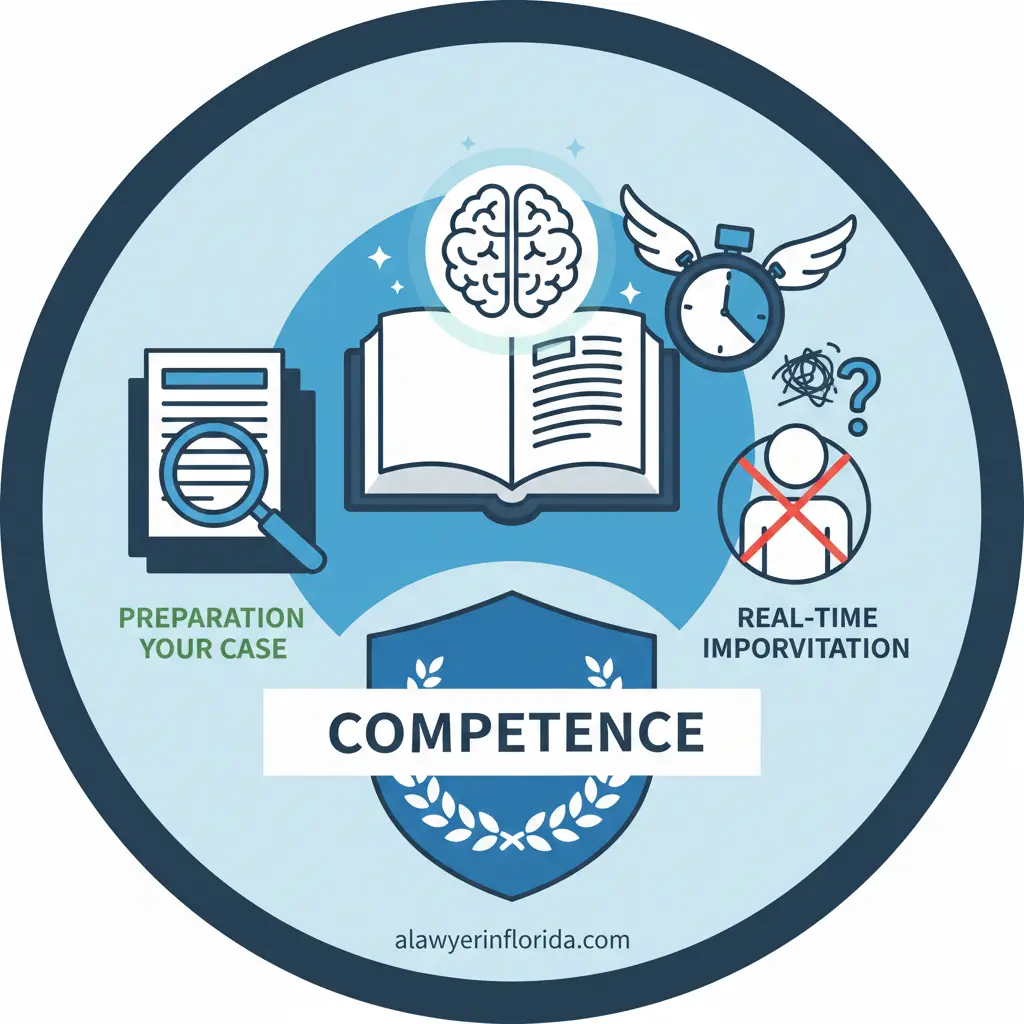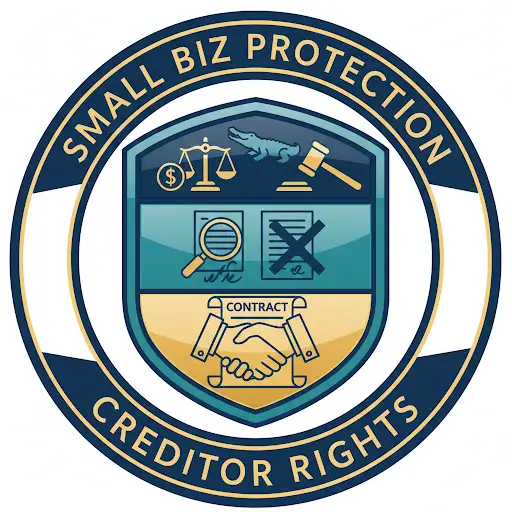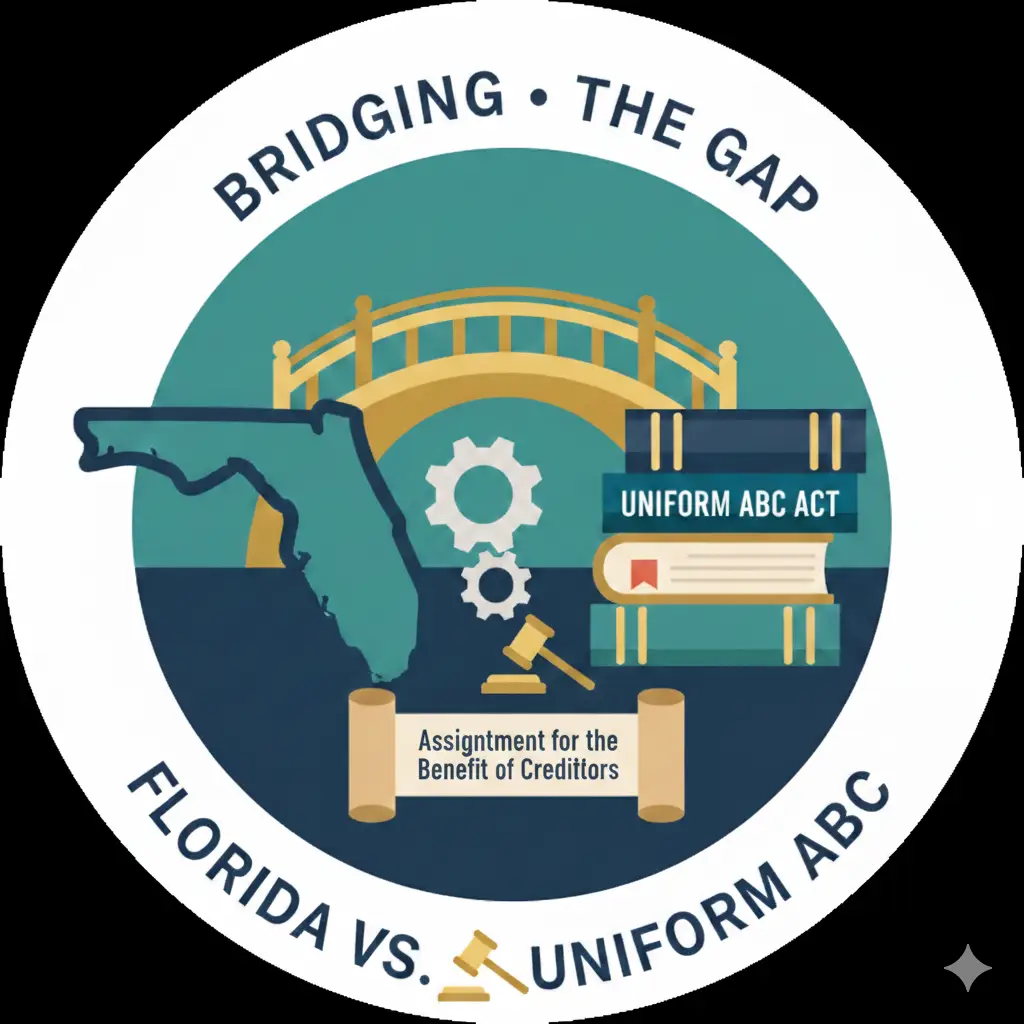The rise of AI-powered note-taking devices—such as Plaud Note—has made it easier than ever to capture conversations, transcribe meetings, and store discussions for later review.
For busy professionals, these tools can improve accuracy, free up mental bandwidth, and help teams stay aligned through transcripts, meeting minutes, and action plans. However, in Florida and other states, businesses and individuals must be aware that using such devices without following the law could lead to legal trouble.
Florida’s Two-Party Consent Rule
Florida is a “two-party consent” state under its wiretapping and eavesdropping laws. See F.S. 934.03. This means it’s illegal to record a private conversation unless all parties give their consent. Another dozen states also have two-party consent laws.
In contrast, states like New York (NY Penal L§ 250.00; NY Penal L § 250.05) and federal law only require single-party consent, which can be satisfied if the party making the call consents to the recording. The other participants assume the risk of the call being recorded.
The term “private” is broad—it includes in-person discussions, phone calls, and electronic communications where participants have a reasonable expectation of privacy. The expectation of privacy is significantly less when the parties to the communication are in a public place.
Violating Florida’s law is not just a minor slip-up. Those violating Florida’s eavesdropping law may be committing a third-degree felony that can bring criminal penalties, civil lawsuits, and reputational damage.
When Recording Might Be Legal
If you elect to use a device like Plaud Note in a meeting, and you clearly inform everyone and receive verbal or written agreement, you should generally be in safe territory.
In public settings where no one reasonably expects privacy—like a noisy trade show floor—the rule may not apply, but it’s still best to be cautious.
For remote meetings, the same law applies: inform participants at the start that the session will be recorded, and ideally, capture their consent in the meeting recording or in a follow-up email. Applications like Zoom require participants to expressly consent by clicking yes or no.
Best Practices for Businesses
Always get clear consent before recording in Florida. This can be verbal, written, or recorded, but it should be documented.
Use meeting agendas or calendar invites to note that a recording device will be in use. Secure the recordings to prevent unauthorized access—especially if they contain confidential or personal information. Train employees on the basics of Florida’s recording laws so they understand the risks.
Alternatively, consider incorporating provisions into engagement letters and contracts that clearly provide advance consent. Part II will discuss the topic of advance consent and which state law applies when participants are in different states.
Bottom Line
Plaud Note and similar tools can be valuable business assets—but in Florida, the safest approach is simple: when in doubt, ask for consent. That small step can protect you from large legal headaches.
Discover more from A Lawyer In Florida
Subscribe to get the latest posts sent to your email.





